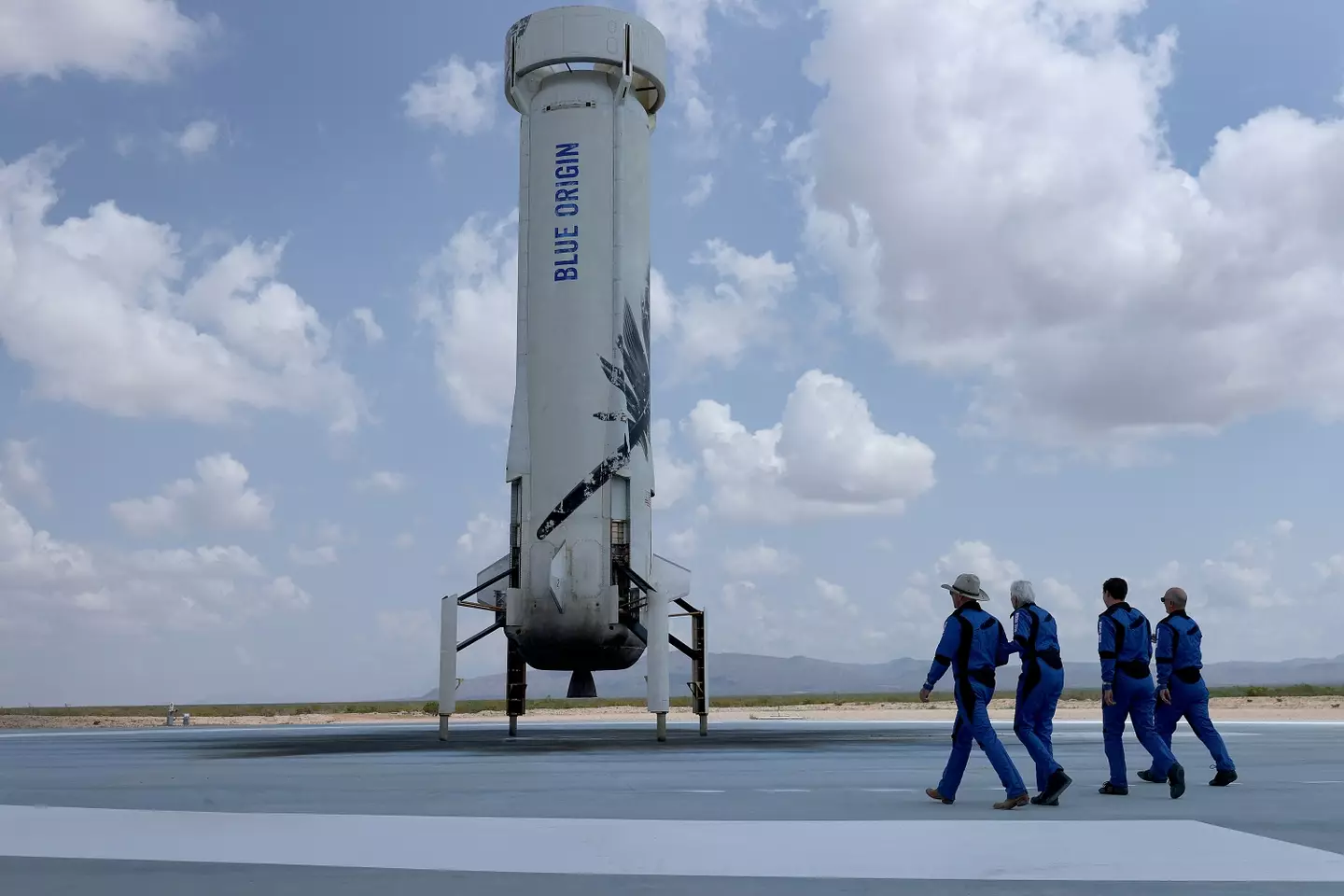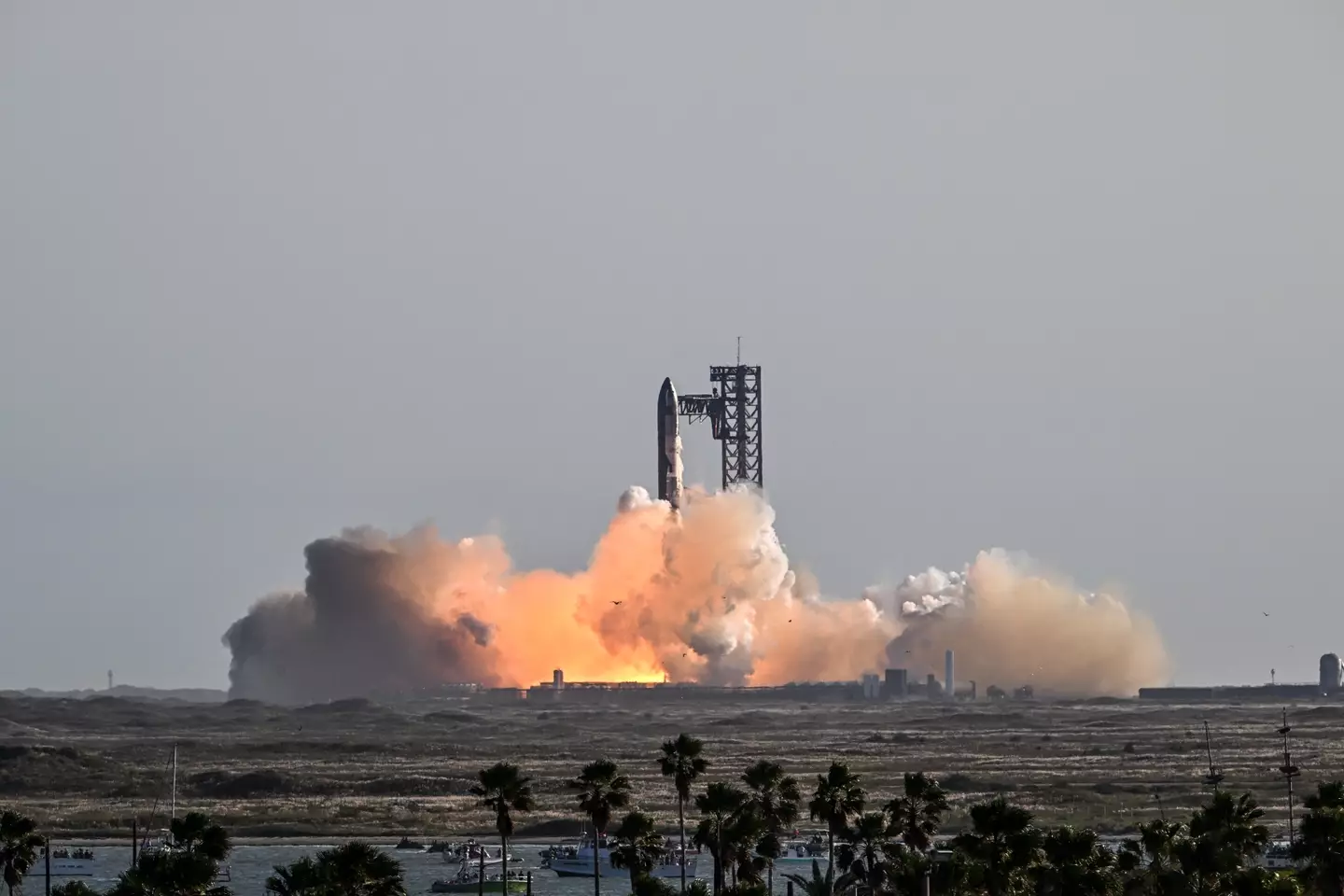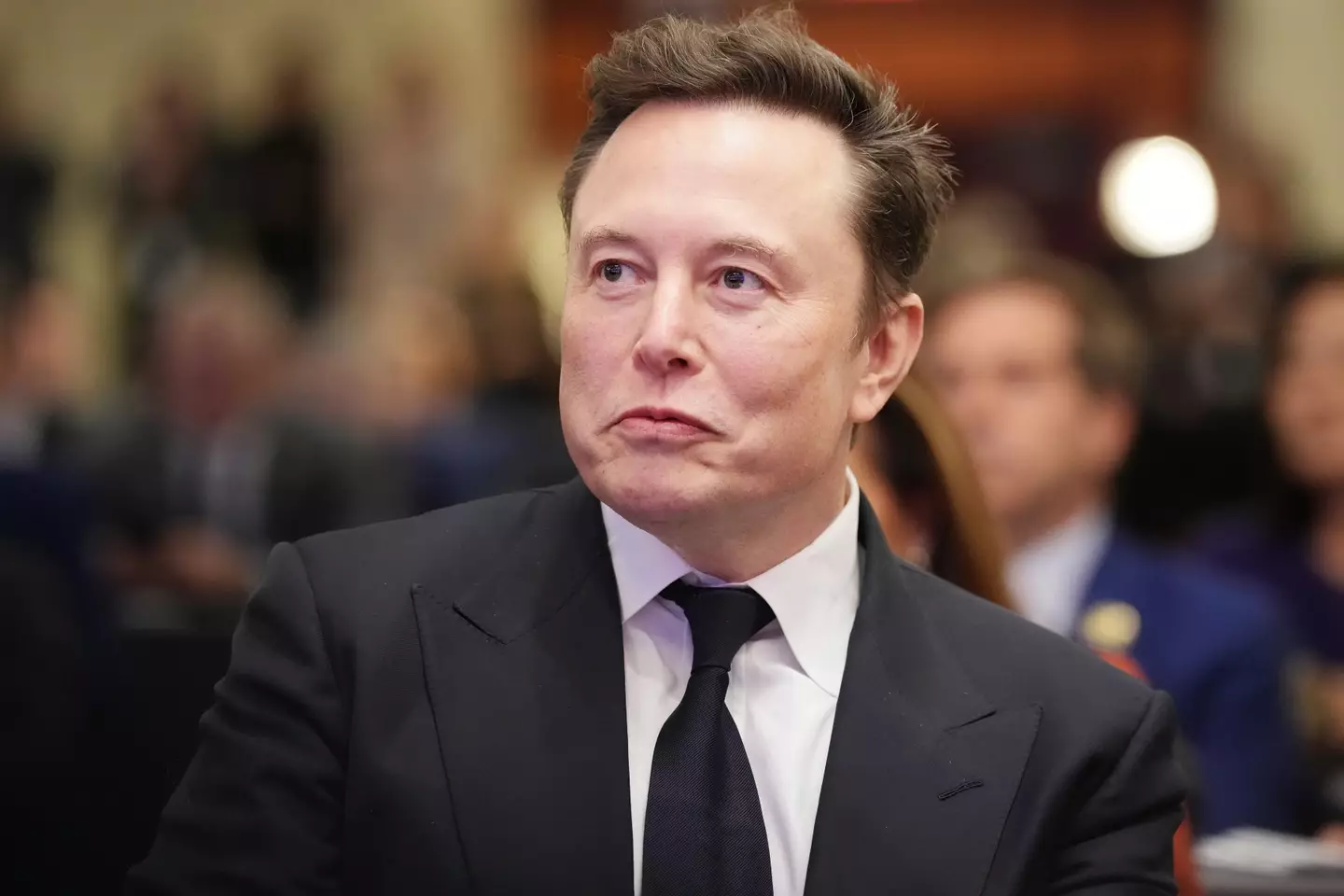.webp)
Billionaires Jeff Bezos and Elon Musk have been exploring space for more than two decades and the space race is beginning to heat up once again.
Musk founded SpaceX after Bezos had already launched Blue Origin, but the former has gone on to become a staple in our planet's exploration of space, while the latter has only really shuttled its rich clientele to the edge of the Earth's atmosphere.
You could be excused for not realising that Amazon's founder had cast his eyes, and his money, to the sky, so we're going to talk a little bit about the history of their private spaceflight companies, what they have achieved so far and why a new space race is heating up.
History of Blue Origin
Bezos founded Blue Origin back in the year 2000, but it took six years before it started launching anything - it was the small Goddard rocket and was named after the rocketry pioneer Robert H. Goddard.
When Amazon began to really take off, so did Blue Origin, as Bezos had the funds to reportedly throw $1 billion a year behind it.
Advert
In the years the followed, the company created its first reusable rocket called the 'New Shepherd'.

Describing it, Blue Origin writes: "All rockets take off; not all rockets land. Named after astronaut Alan Shepard, the first American in space, New Shepard is Blue Origin's fully reusable, suborbital rocket system built for human flight from the beginning."
Four years later it successfully and smoothly lands its first booster touchdown.
Next, the geniuses behind Blue Origin planned to create the New Glenn, a new heavy-lift rocket which is yet to leave the ground.
Origins of SpaceX
OK, so this is widely-known but Musk didn't actually want to create a space company.
All he wanted to do was send a greenhouse to Mars so that mankind could begin to colonize planets so humans could exist if anything happened to Earth.
When he discovered nobody was able to manage that he decided to do it himself and so created SpaceX in 2002.
It took Musk two-thirds of the time that it took Blue Origin to launch its first rocket, but unlike Bezos', his blew up.
That was the Falcon 1, and it blew up again, and again, but on its fourth attempt SpaceX finally tasted success - just as it was on the edge of bankruptcy.

Impressed, NASA awarded the private spaceflight company a healthy contract which it put towards creating the Falcon 9 rocket and Dragon spacecraft - which is partially reusable.
Blue Origin's successes
While Blue Origin is often talked about less in the public eye compared to SpaceX, there's no doubt Bezos' company has had many success over the years.
Some of the more notable achievements include the development of reusable rockets, as well as successful vertical landings taking place.
On top of that, you've got their partnerships with NASA for lunar exploration, which sees them continuing to be a major player within space exploration.
SpaceX's achievements
Since SpaceX was set up by Musk in 2002, the company has landed a fair few success stories.
To be honest, it all began with Falcon 1, which was the first privately funded liquid fuel rocket to reach Earth's orbit in 2008, but Musk didn't stop there with his ambitious plans for SpaceX.
The Dragon spacecraft was the first privately funded spacecraft to orbit Earth and return safely, with NASA later certifying the Crew Dragon system.

This allows SpaceX to transport astronauts to and from the International Space Station (ISS).
Heck, NASA has even enlisted Musk's help with the safe return of the two astronauts stuck on the ISS since earlier this year.
Blue Origin's plans
Blue Origin is very much focusing on safeguarding Earth with its future plans by developing advanced rockets.
However, they are involved with the Artemis program, which is working towards a sustainable return to the Moon in the coming years.
But closer to home, Blue Origin is continuing to work on their New Glenn rocket for further orbital missions and to hopefully expand our presence as humans in space.
What's next for SpaceX?
While Blue Origin is very much set on safeguarding Earth and pushing their presence on the Moon, SpaceX has its eyes on Mars.
They are planning to send five un-crewed Starships to Mars in 2026, while a crewed ship could follow two years later in 2028.
It's a mission that Musk hopes will be the first step into having a colony on Mars.
Topics: Space, Space X, Blue Origin, Elon Musk, Jeff Bezos